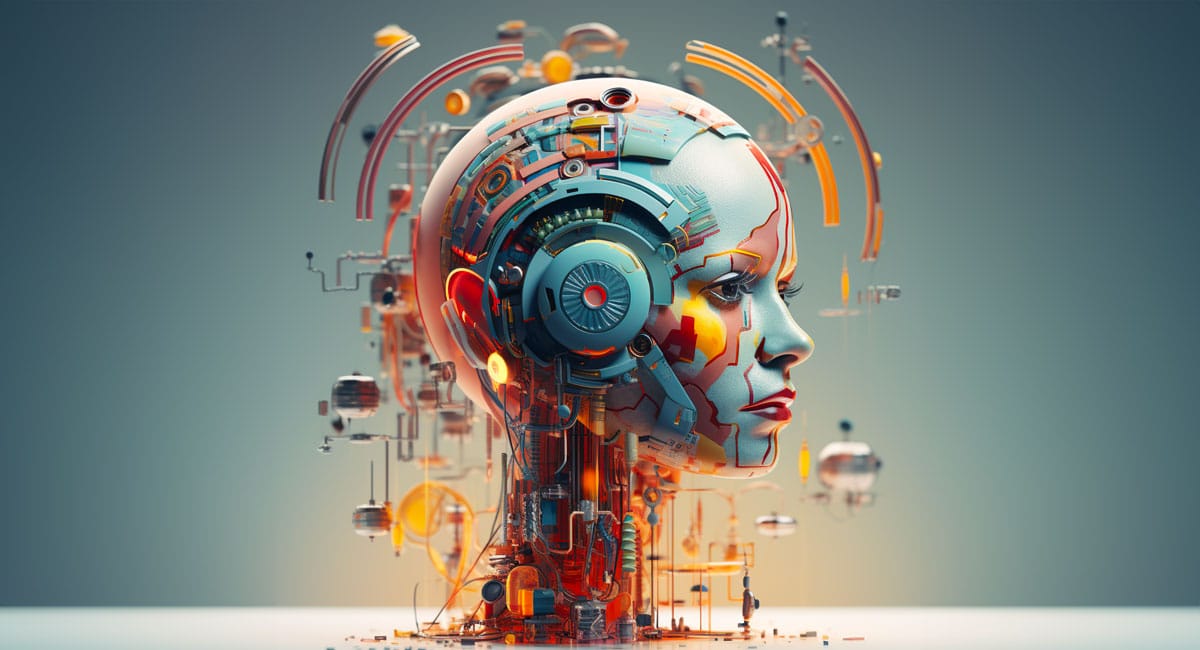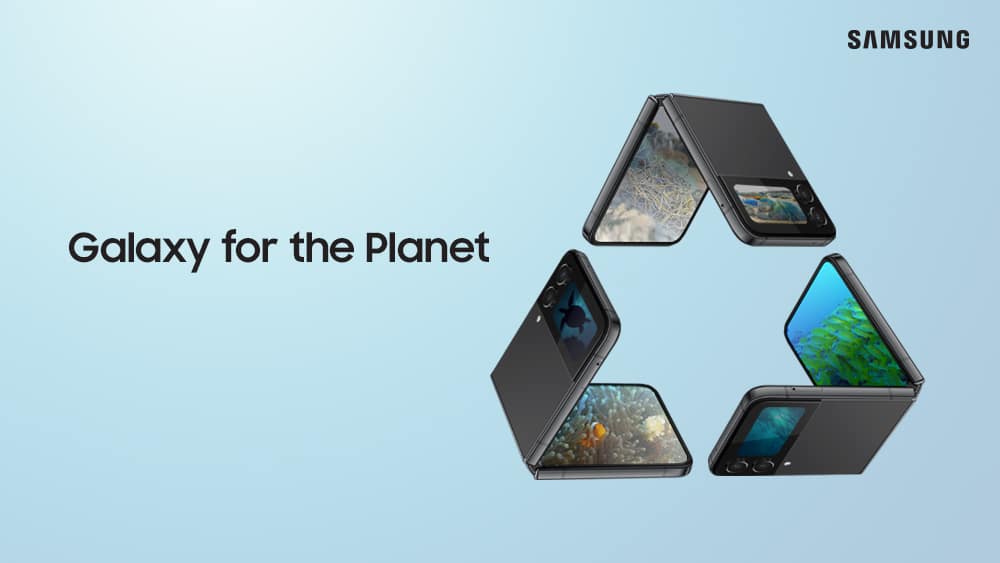The world of AI is abuzz this week with the emergence of “AI agents” – a new breed of artificial intelligence capable of acting autonomously and completing tasks with minimal human intervention. This development, spearheaded by companies like Anthropic, represents a significant leap forward, moving beyond the realm of chatbots and into a future where AI can truly interact with and manipulate the digital world around us. But what exactly are these AI agents, and what implications do they hold for the future?
Anthropic, an AI startup backed by giants like Alphabet and Amazon, recently unveiled its latest innovation: an AI-powered “computer use” feature that allows its Claude AI models to understand and act upon on-screen information. Imagine an AI that can not only write code for a website but also navigate the web, click buttons, and type – essentially building the website for you. This is the power of AI agents, and it’s poised to revolutionize how we interact with technology.
This shift towards autonomous AI is not without its concerns. Security and ethical considerations are paramount, especially when AI can access and control our digital environment. How do we ensure these agents are used responsibly? How do we prevent misuse and potential harm? These are questions that researchers, developers, and society as a whole must grapple with as we venture into this uncharted territory.
What Makes AI Agents Different?
Traditional AI, like the chatbots we’ve become accustomed to, excels at generating text, translating languages, and answering questions. However, their capabilities are largely confined to the digital realm of text and code. AI agents, on the other hand, can interact with the digital world in a much more tangible way. They can:
- Understand and interpret visual information: This allows them to “see” what’s on a computer screen, including applications, windows, and user interfaces.
- Take actions based on visual input: They can navigate through applications, click buttons, and even type, effectively mimicking human interaction with a computer.
- Perform multi-step tasks autonomously: AI agents can break down complex tasks into smaller steps, execute them sequentially, and even adapt to unexpected situations.
Examples of AI Agents in Action
Anthropic has demonstrated the potential of its AI agents with compelling examples:
- Coding a basic website: The AI agent can not only generate the code but also use a web browser to access development tools, input the code, and test the website’s functionality.
- Planning a sunrise outing: The agent can utilize various applications like Google Search and Apple Maps to find a suitable location, check the weather forecast, and even set an alarm for the optimal time to leave.
These examples showcase the versatility of AI agents and their potential to automate a wide range of tasks, from mundane chores to complex problem-solving.
The Potential Impact of AI Agents
The emergence of AI agents has far-reaching implications across various sectors:
- Software Development: Automating repetitive coding tasks, debugging, and even website development.
- Customer Service: Providing more efficient and personalized support by automating responses and resolving issues.
- E-commerce: Enhancing the shopping experience by providing personalized recommendations, automating purchases, and even handling returns.
- Accessibility: Assisting users with disabilities by navigating websites, filling out forms, and performing other computer-based tasks.
Challenges and Concerns
While the potential benefits of AI agents are immense, there are also significant challenges and concerns:
- Security Risks: AI agents with access to user data and computer systems could be vulnerable to exploitation, leading to data breaches or malicious activities.
- Ethical Considerations: Ensuring responsible use, preventing bias in decision-making, and addressing potential job displacement are crucial ethical considerations.
- Accuracy and Reliability: AI agents are still under development and prone to errors, which could have significant consequences in real-world applications.
The Future of AI Agents
Despite the challenges, the development of AI agents is rapidly progressing. As the technology matures and safeguards are put in place, we can expect to see AI agents integrated into various aspects of our digital lives.
Personally, I’m fascinated by the potential of AI agents to democratize technology and make it more accessible to everyone. Imagine a world where language barriers are effortlessly overcome by AI agents that provide real-time translation and facilitate cross-cultural communication. Or a future where AI agents assist the elderly and those with disabilities, empowering them to live more independent lives.
The future of AI agents is filled with possibilities, and while there are challenges to overcome, the potential benefits are too significant to ignore. As we move forward, it’s crucial to have open discussions about the ethical implications and societal impact of this technology, ensuring that its development aligns with human values and benefits society as a whole.






























